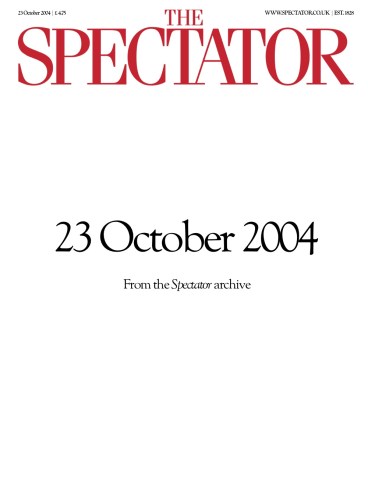Seven of the best
Call the Dying is the seventh novel in Andrew Taylor’s Lydmouth series. He started it in 1994 and by setting it in the 1950s he recreates the English detective novel in what is perhaps its heyday but with subtle additions. In the first couple of novels the reader is aware of 1950s dress, behaviour and

